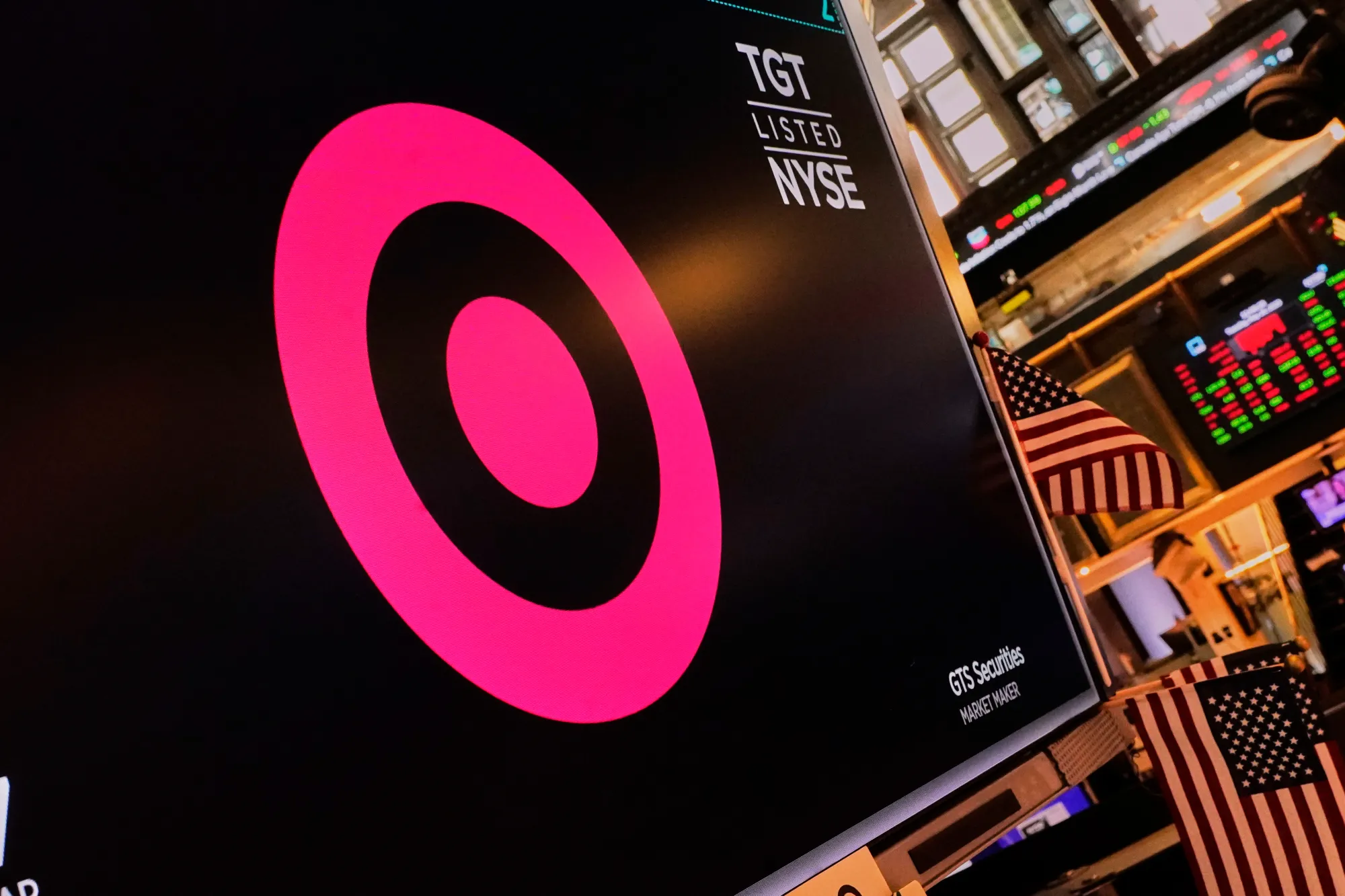Major U.S. retailers are being pulled in opposite directions as they confront steep costs from President Trump’s tariffs. Companies like Walmart, Target, and Lowe’s are trying to limit price hikes while avoiding political backlash or customer dissatisfaction.
Target became the latest chain on Wednesday to revise its financial forecast downward, signaling caution on passing tariffs onto consumers. Lowe’s leaders also stressed competitive pricing and minimizing shopper impact, avoiding any direct confrontation over tariffs.
This follows Home Depot’s Tuesday update confirming it won’t broadly increase prices due to tariffs—though it admitted some products may cost more or vanish from shelves altogether. So far, these companies have avoided the kind of criticism the administration directed at Walmart, Mattel, and, briefly, Amazon. While Trump insists foreign countries pay the tariffs, American businesses are responsible for the bill once goods cross the border. Under a temporary arrangement, tariffs on Chinese goods stand at 30%, down from 145%, and a 10% levy now applies to all global imports.
Walmart, the world’s largest retailer, last week said higher prices are inevitable due to tariffs, possibly as early as this month. Trump responded online, urging Walmart to simply “EAT THE TARIFFS.”
CEO Doug McMillon noted Walmart and its suppliers are already absorbing part of the tariff costs, but added that absorbing the full amount is unfeasible “given the magnitude of the tariffs.”
Amazon also drew White House ire after reports that it might display tariff-related costs on its Amazon Haul marketplace. The administration called that move “hostile and political.” After a phone call between Trump and Jeff Bezos, Amazon clarified it had no such plans. Soon after, Trump threatened a 100% tariff on Barbie-maker Mattel following its announcement of potential toy price hikes. “He won’t sell one toy in the United States,” Trump said.
Amid this backdrop, Target executives told investors they’re working to offset “the vast majority” of tariff costs. CEO Brian Cornell explained that price increases are a last resort, with other tactics including supplier negotiations, changes in sourcing, and adjusting product assortments or delivery schedules.
On Tuesday, Home Depot also said while general price hikes are off the table, certain items could see increases or be substituted depending on tariff burdens.
Lowe’s echoed the same approach, committed to staying competitive on pricing and retaining its customer base. “We have tools to manage this and reduce the impact on our customers,” CEO Marvin Ellison told investors. “We will stay focused on price competitiveness every single day.”
Retailers like Home Depot, Lowe’s, and others are also under pressure from suppliers. Tool manufacturer Stanley Black & Decker, for instance, has already increased prices due to tariffs and plans to do so again later this year.







